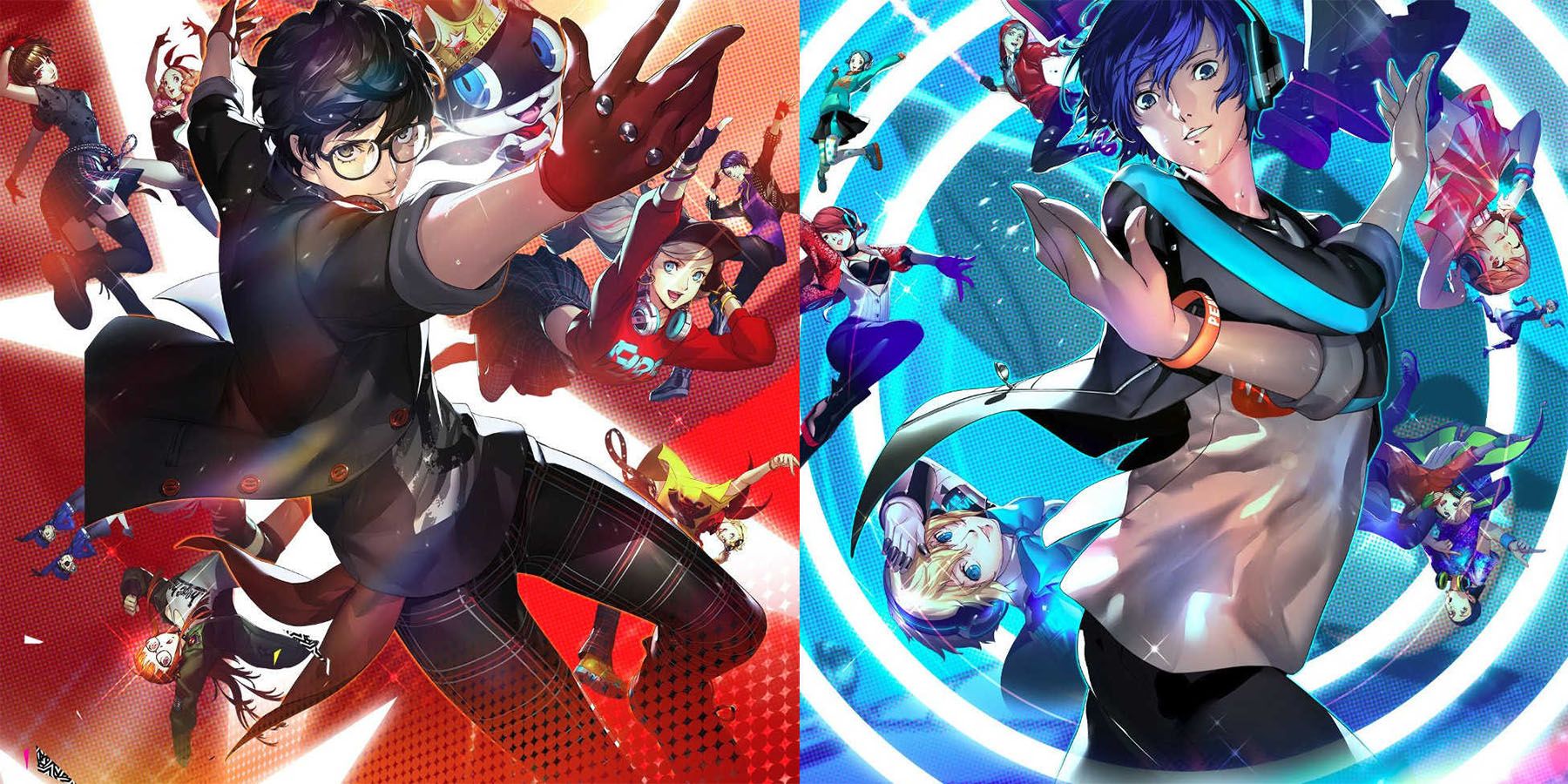The Persona series has left a mark on the JRPG genre, particularly with its latest mainline games, Persona 4 and 5. Through a combination of polished genre mainstays and stylish twists on age-old conventions, Persona does things differently than other JRPGs, and its games are some of the best the genre has to offer.
Now known for its social simulator elements and modern-day setting, the Persona series began as an offshoot of the Shin Megami Tensei series, but it has since shed its spinoff status and come into its own. Rather than the philosophical debates of SMT, Persona focuses on aspects of Jungian psychology and interpersonal relationships. This forms the bedrock of what makes the series special.
Eschewing the low-tech fantasy and magically medieval settings of other popular JRPGs in favor of a modern-day high school, each Persona game takes place in a semi-fictionalized town in Japan. Staying within the current time period lets the series focus on topics that hit a bit closer to home, like mental health and sexuality. While other JRPGs do tackle similar issues, they do so through a fantastical setting that has the possibility to obfuscate the message. The issues Persona deals with feel very real due to the setting's proximity to reality.
What Makes Persona Different (& Better) Than Other JRPGs
Combat in the franchise also makes JRPG systems more approachable. Persona 5 took traditionally slow turn-based combat and made it blazingly fast. Menuing is quick, due to each action being mapped to a face button; summoning Personas, the games' otherworldly companion monsters, is just one triangle press away; and, if players want things to go even faster, they can turn on auto battling with the click of a trigger. Distilling the turn-based experience down to its fastest form turns the tactical aspects of combat into the center of attention. Persona's Weakness and One More systems incentivize attacking enemies intelligently, as attacking weak points lets players take multiple back-to-back turns.
Combat and a realistic setting are only a few of the elements that set Persona apart from its genre contemporaries. Whether it's adding extra style through Persona's colorful soundtracks and bold UI designs or bringing to light some of humanity's common struggles through Social Links - which gamify building relationships with the protagonists' classmates - the series takes the genre in an exciting direction.


